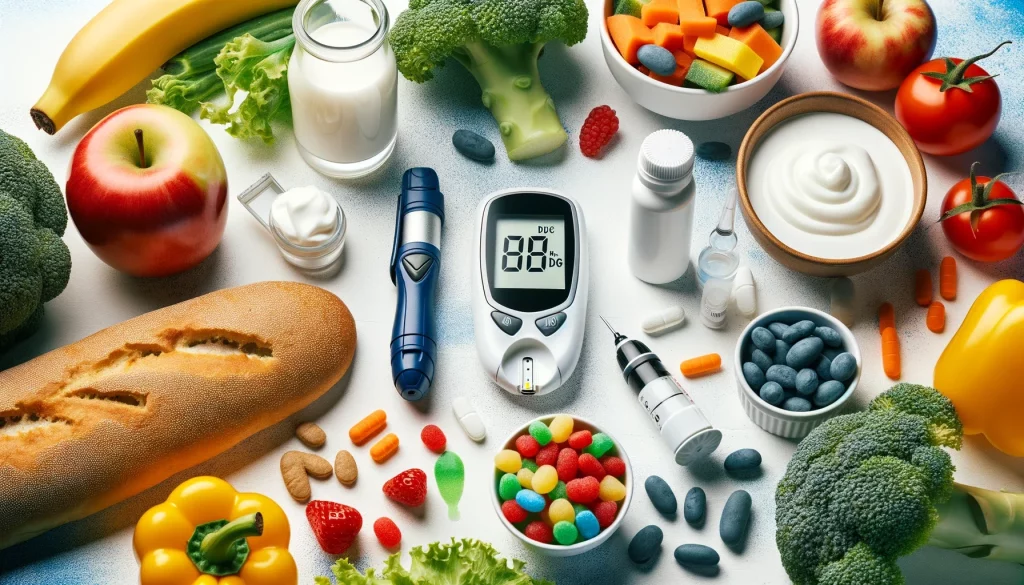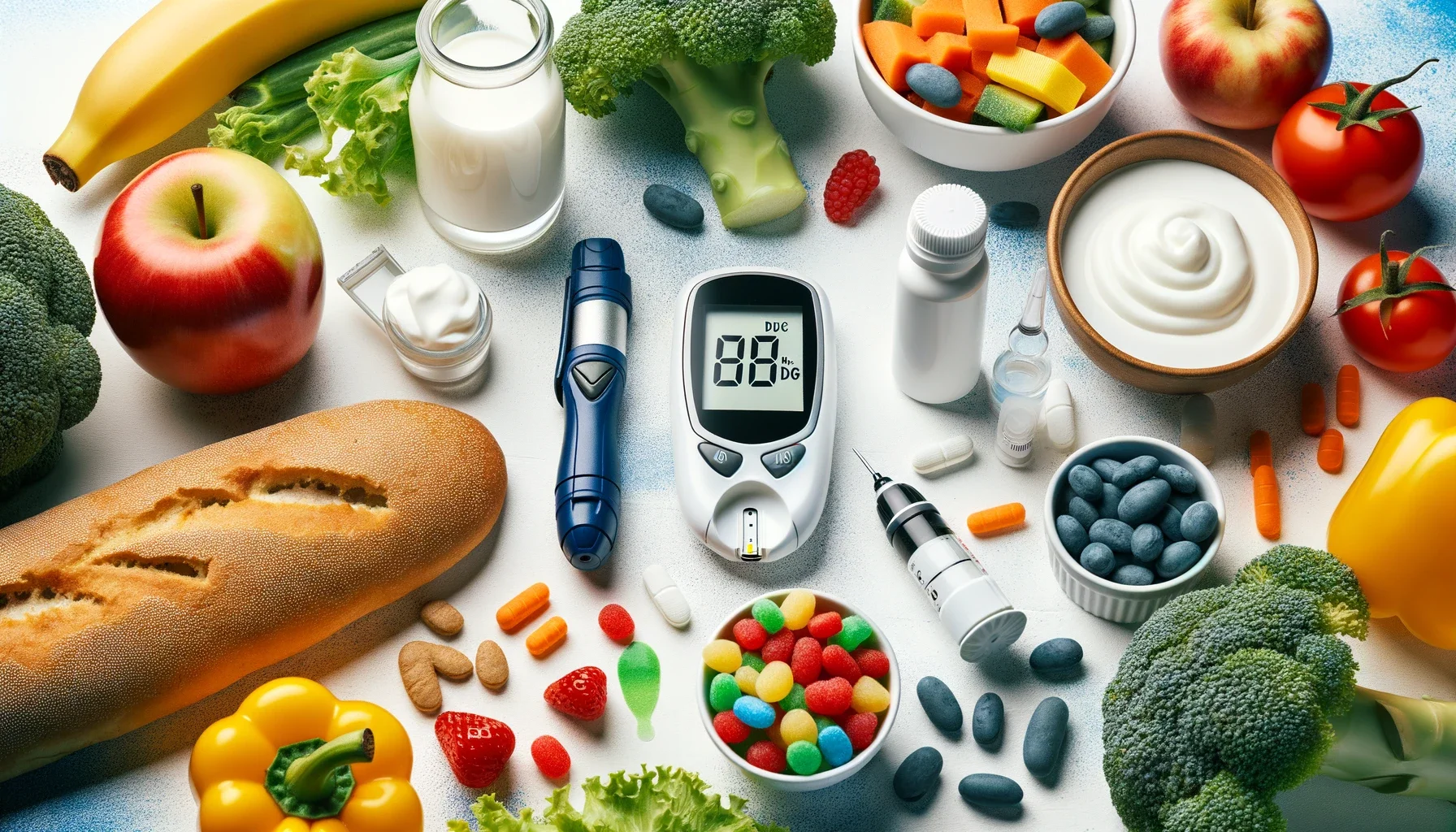Reverse Diabetes in 7 Days

The prevalence of diabetes, particularly Type 2, has increased as a result of contemporary lifestyle choices. The good news is that some people can lessen or even cure the effects of diabetes with the correct lifestyle modifications, even though controlling the disease frequently involves a lifetime commitment. Reversing diabetes is attaining remission, where blood sugar levels stay within a healthy range without the need for medication, rather than a permanent cure.
Inspired by professional recommendations and actual success stories, we will examine five scientifically supported methods in this blog article to help prevent or treat diabetes.
1. Lose Excess Weight
One of the most effective ways to reduce or reverse Type 2 diabetes is by losing weight, particularly around the abdominal area. Research has shown that significant weight loss can improve insulin sensitivity and, in some cases, lead to remission.
Tips for Sustainable Weight Loss:
- Follow a balanced, calorie-controlled diet rich in whole foods like fruits, vegetables, lean proteins, and whole grains.
- Practice portion control and avoid sugary or processed foods.
- Combine regular exercise with healthy eating for long-term success.
2. Adopt a Healthy Diet
Diet plays a central role in managing and reversing diabetes. Certain foods can help stabilize blood sugar levels and support weight loss, while others can exacerbate the condition.
Diabetes-Friendly Eating Tips:
- Focus on low-glycemic index (GI) foods that cause slower rises in blood sugar, such as legumes, leafy greens, and whole grains.
- Reduce carbohydrate intake, particularly refined carbs like white bread, pasta, and sugary snacks.
- Include healthy fats, such as those from avocados, nuts, seeds, and olive oil, which can help with satiety.
- Plan meals with a balance of macronutrients—protein, fats, and complex carbohydrates.
3. Stay Physically Active
Regular exercise is crucial for improving insulin sensitivity and maintaining a healthy weight. Even moderate activity can make a big difference in managing blood sugar levels.
Exercise Recommendations for Diabetes:
- Aim for 150 minutes of moderate-intensity aerobic exercise per week (e.g., brisk walking, cycling, or swimming).
- Incorporate strength training two to three times a week to build muscle, which improves how the body uses insulin.
- Include light movement throughout the day to avoid long periods of inactivity.
Exercise not only helps control blood sugar but also reduces the risk of complications like heart disease and boosts overall well-being.
4. Monitor and Manage Stress Levels
Chronic stress can raise blood sugar levels and make diabetes harder to manage. When the body is under stress, it releases hormones like cortisol, which can interfere with insulin’s ability to regulate glucose.
Ways to Reduce Stress:
- Practice mindfulness techniques, such as meditation or deep breathing exercises.
- Engage in relaxing activities like yoga, journaling, or spending time in nature.
- Get enough sleep, as poor sleep can increase stress levels and worsen blood sugar control.
- Seek support from friends, family, or a therapist if needed.
By managing stress, you can improve your overall health and make it easier to stick to your diabetes management plan.
5. Follow a Consistent Health Routine
Consistency is key when it comes to reducing or reversing diabetes. Developing healthy habits and sticking to them helps the body regulate blood sugar levels over time.
Tips for a Consistent Routine:
- Monitor blood sugar levels regularly to track your progress and understand how food, exercise, and stress affect you.
- Work closely with your healthcare provider to adjust your plan as needed.
- Stay hydrated, as dehydration can affect blood sugar levels.
- Avoid smoking and limit alcohol consumption, as both can worsen diabetes and lead to complications.
Can Diabetes Really Be Reversed?
While not everyone with diabetes can achieve remission, many people with Type 2 diabetes have successfully reversed their condition through lifestyle changes. Factors such as how long you’ve had diabetes and your overall health can affect your ability to reverse it.
For those with Type 1 diabetes, reversal isn’t possible since the body doesn’t produce insulin. However, following these strategies can still improve overall health and reduce the risk of complications.




